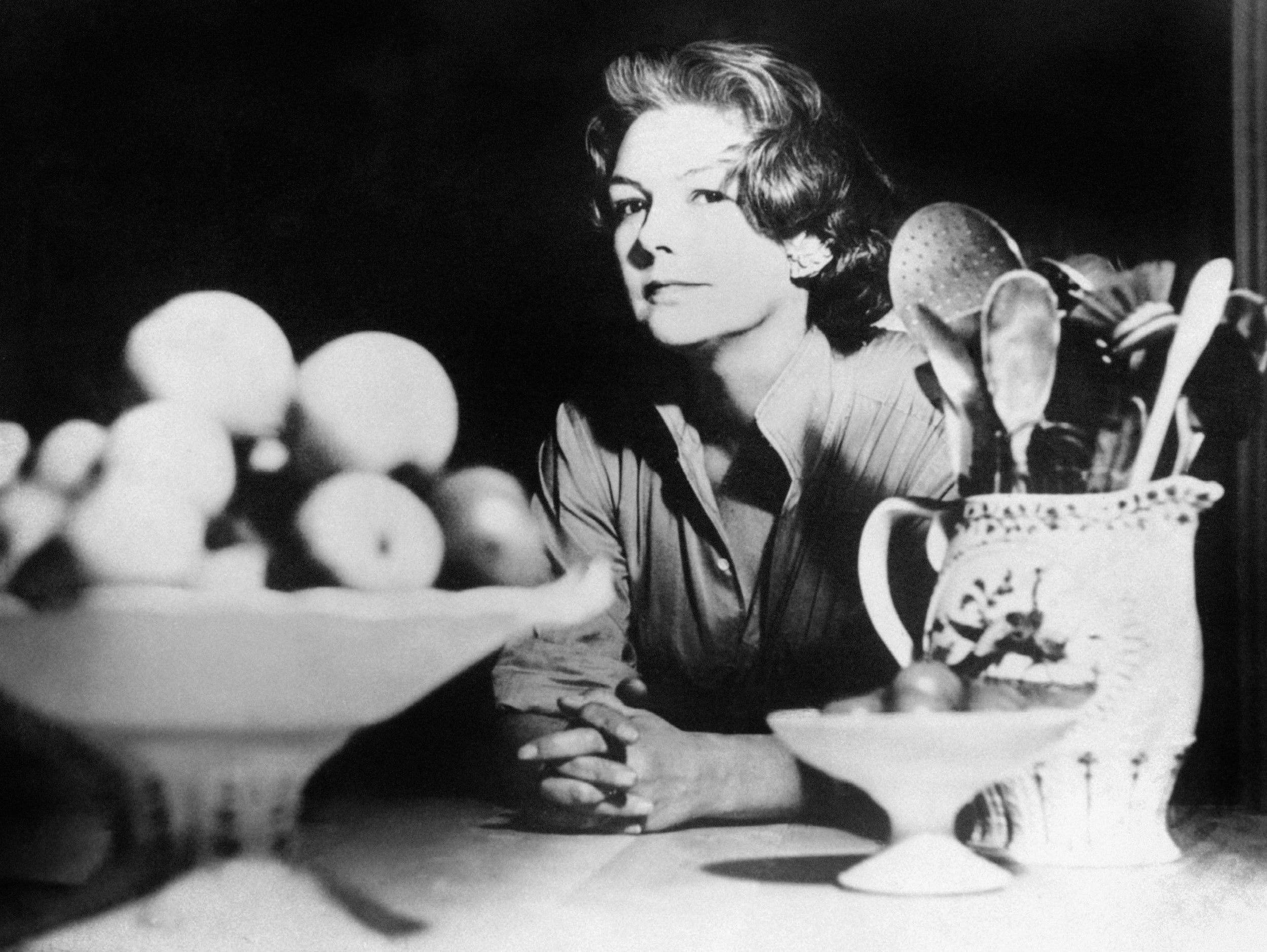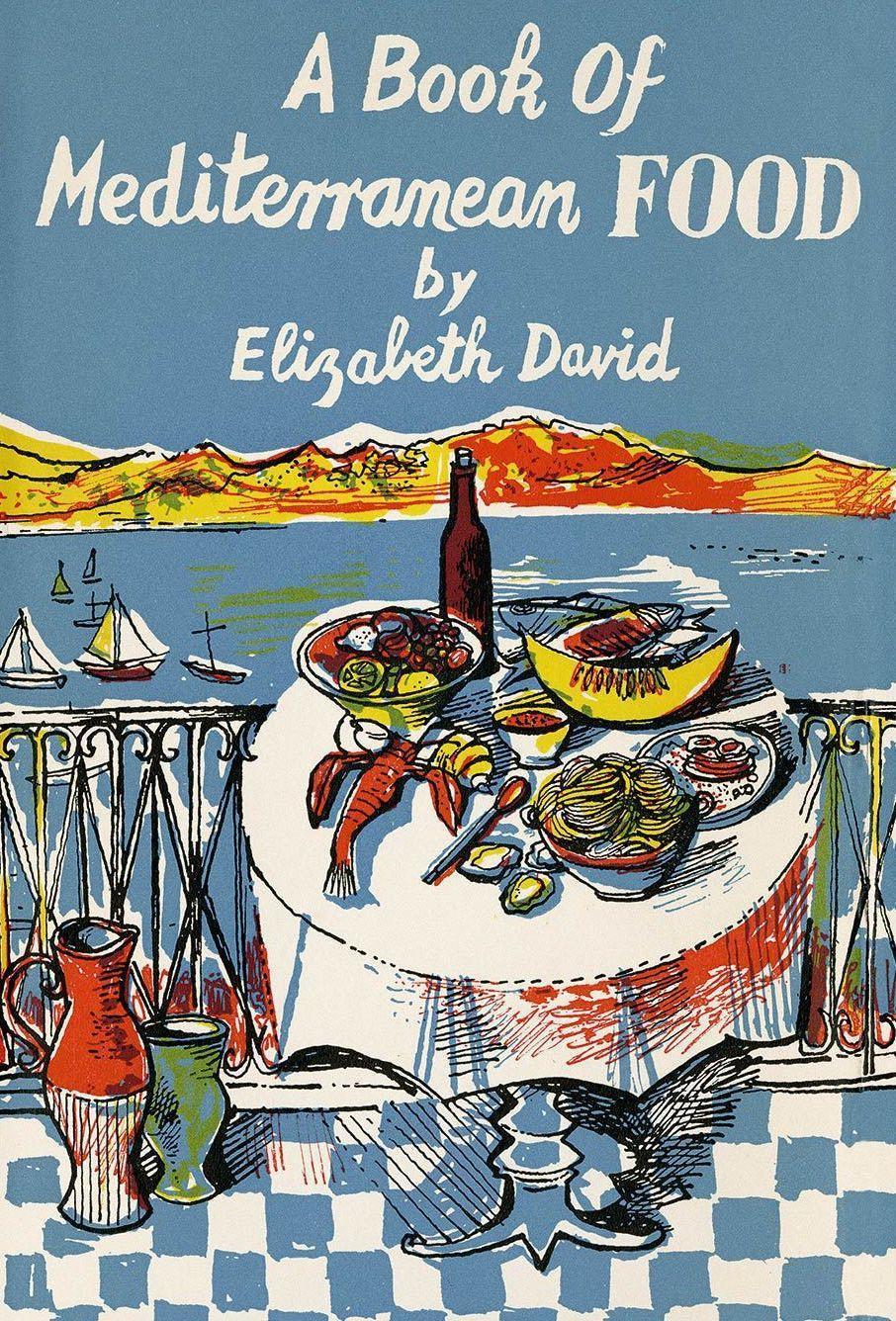‘Comforting and comfortable’: Lockdown thoughts from a food writer
Richard Vytniorgu shares renowned food writer Elizabeth David’s culinary thoughts, and how he’s found comfort from them during lockdown

Your support helps us to tell the story
From reproductive rights to climate change to Big Tech, The Independent is on the ground when the story is developing. Whether it's investigating the financials of Elon Musk's pro-Trump PAC or producing our latest documentary, 'The A Word', which shines a light on the American women fighting for reproductive rights, we know how important it is to parse out the facts from the messaging.
At such a critical moment in US history, we need reporters on the ground. Your donation allows us to keep sending journalists to speak to both sides of the story.
The Independent is trusted by Americans across the entire political spectrum. And unlike many other quality news outlets, we choose not to lock Americans out of our reporting and analysis with paywalls. We believe quality journalism should be available to everyone, paid for by those who can afford it.
Your support makes all the difference.If the lockdown has caused me to rethink anything, it’s what it means to belong somewhere. For many of us, life before lockdown was varied: we went out to work, saw friends and family and an annual holiday abroad was a real possibility. But the lockdown has presented a significant challenge to those of us whose worlds have suddenly shrunk to the four walls we call home. What can we do? How can we reconsider what it means to belong at home? I think one approach is through what we eat.
I’ve been finding some comfort from the books of Elizabeth David (1913-1992) – one of Britain’s most revered food writers of the 20th century. David’s difficult experiences during the Second World War and its immediate aftermath find their way into her books, in which she uses food as a key ingredient in meditating on what it means to belong, sometimes in very challenging circumstances.
In 1939, David left the UK to sail around the Mediterranean with her lover, Charles Gibson Cowan. The goal was to sail to the Greek isles, and on this journey David took with her some culinary travelling companions such as Hilda Leyel’s The Gentle Art of Cookery (1925) and Edward Bunyan’s The Epicure’s Companion (1937) to fire her imagination.
These books helped David experiment with Mediterranean cookery in southern France before the war caught up with them and she and Cowan fled, sailing to Messina in Italy where they were thought to be spies and detained under horrible conditions, losing their boat and all their possessions. Eventually they settled in Syros in Greece, where David learnt to “keep house” – something immortalised in biographical entries to her books which proudly tell us that: “Mrs David has lived and kept house in France, Italy, Greece, Egypt and India, as well as England.”
We have been searching for the “comforting and comfortable” in these difficult times, chucking the clutter, but focusing on building up
While Cowan taught English, David pared back their lifestyle to the basics: the preparation of what she called, in her classic French Country Cooking (1951), food that was “honest, sincere and simple”, made with what she had to hand. This formula was then carried to Cairo, where David spent the remainder of the war working for the Ministry of Information as a reference librarian, learning traditional Levantine food ways from her cook, Kyriacou.
In the volume of recipes she published in 1950 as A Book of Mediterranean Food David set down what she had learnt while keeping house in times of difficulty. The recipes were usually either “given” to her by other people or created from David’s understanding of regional customs and practices. Her basic method was to record the essentials of a dish and then adapt it, in the process helping her to be flexible in straitened circumstances.

This process of cultural inheritance, of preparing and eating food in traditional ways and then adding to the basics according to her circumstances, enabled David to belong anywhere (preferably somewhere which valued lemons, garlic and olive oil) at precisely the moment she was forced by events to belong somewhere very restrictive – in 1947, this was the England of the coldest February on record, plummeting to -21C.
But it was more than just recipes that preoccupied David: it was a way of thinking about and living with food in the specific contexts in which we find ourselves, as she wrote in French Country Cooking: “Some sensible person once remarked that you spend the whole of your life either in your bed or your shoes. Having done the best you can by shoes and bed, devote all the time and resources at your disposal to the building up of a fine kitchen. It will be, as it should be, the most comforting and comfortable room in the house.”
Many of us I’m sure have resorted to DIY projects of various kinds during the lockdown, and our kitchens-turned-offices are no exception. We have been searching for the “comforting and comfortable” in these difficult times, chucking the clutter, but focusing on building up as we’re newly confronted with belonging in our homes.
The lockdown has prompted us to rethink where we belong. How do we avoid becoming resentful at being immured in our homes and gardens (if we have them)? One way we can pare down to the essentials in a moderately conciliatory rather than resentful way is to work out what already “lives in us” of the world beyond; in our approach to food and the design of the spaces in which we prepare and eat it.
When Elizabeth David was confronted with the confinements of war and postwar Britain, she turned to food: writing about it, experimenting with ingredients to hand, and by building up a comforting and comfortable kitchen in which she could freely belong. Kitchens needn’t remain restrictive places: they can become avenues through which we break the confines of lockdown, letting us travel as far as our imaginations can take us.
Richard Vytniorgu is an impact and postdoctoral research fellow at the School of Cultures, Languages and Area Studies, University of Nottingham. This article first appeared on The Conversation
Join our commenting forum
Join thought-provoking conversations, follow other Independent readers and see their replies
Comments